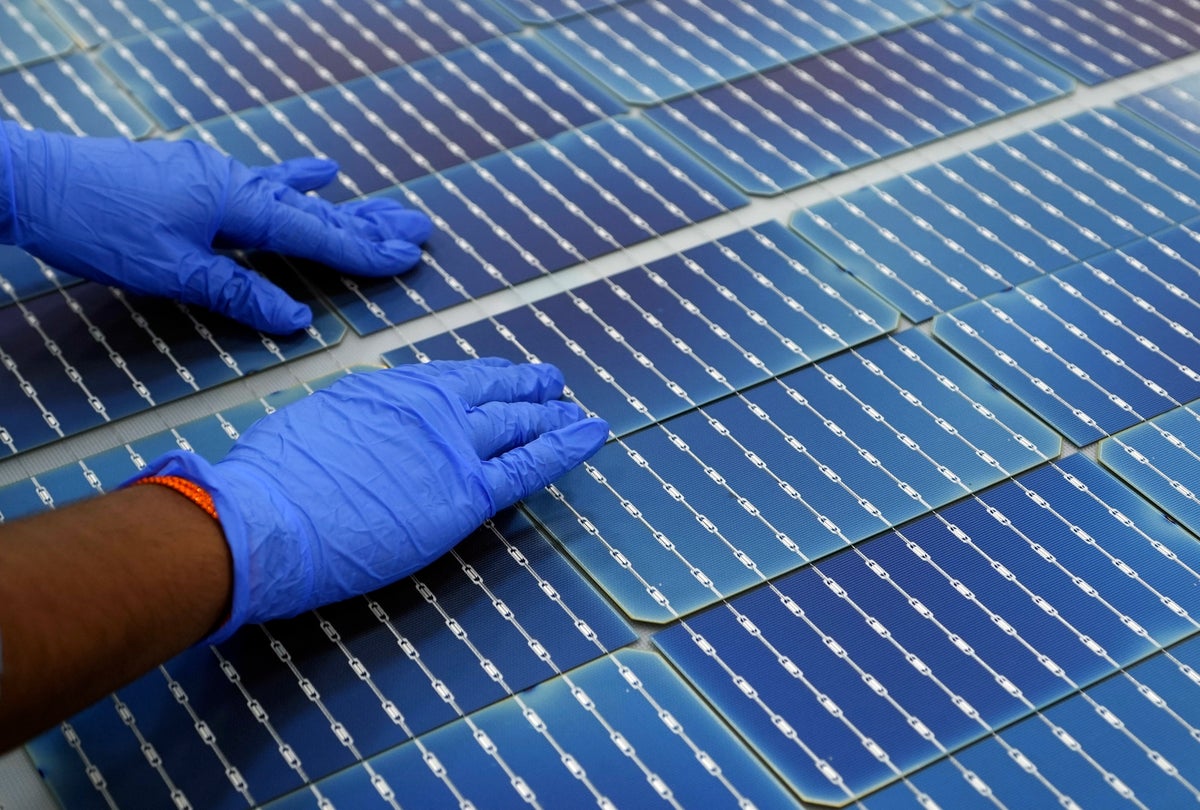
The majority of developing nations are set to miss out on the economic benefits of booming green technologies, slowing progress toward their climate goals and widening the inequality gap between rich and poor countries, a United Nations report warned Thursday.
The U.N.'s agency for trade and development, or UNCTAD, said that unless the international community and national governments actively tend to green tech industries in developing countries, the benefits associated with lower-emission technologies will be near inaccessible for many poorer nations particularly in Latin America, the Caribbean and sub-Saharan Africa.
“We are at the beginning of a technological revolution based on green technologies,” said UNCTAD Secretary-General Rebeca Grynspan. “Developing countries must capture more of the value being created in this technological revolution to grow their economies.”
Electric vehicles, solar and wind energy and green hydrogen are projected to reach a market value of $2.1 trillion by 2030, four times higher than they’re worth today. The industries are set to explode as nations try and limit their planet-warming emissions to try and curb warming to 1.5 or 2 degrees Celsius (2.7 to 3.6 degrees Fahrenheit).
Countries like Mexico, the Philippines and Vietnam were part of a few countries singled out in the report as emerging nations with policies that will enable them to develop some of their green technology sectors for the future. It also pointed to Brazil's bioethanol industry and Chile's green hydrogen potential as examples of successful clean energy industry takeoffs.
The report outlines more than a dozen technologies, including gene editing, blockchain, nanotechnologies and renewable power that are currently being used or developed mostly by industrialized nations. The body has made an urgent appeal to reform existing global trade and intellectual property transfer rules to allow developing countries to harness their own green industries and also be able to access technologies developed in richer states.
“Developing countries need agency and urgency in coming up with the right policy responses” to help the growth of green technology in their own nations, said Shamika Sirimanne, UNCTAD's director of technology. Sirimanne urged developing nations to adopt innovation and energy policies that would propel their clean energy and technology industries.
The report found that total exports of green technologies from the industrialized north almost tripled from $60 billion in 2018 to over $156 billion in 2021. In comparison, Global South exports rose from $57 billion to $75 billion in the same time period.
High income nations like the United States, Sweden, Singapore and Switzerland dominated the report's ranking of countries ready for the massive boom in the industry and are primed to benefit the most from spiking investments in green technology.







